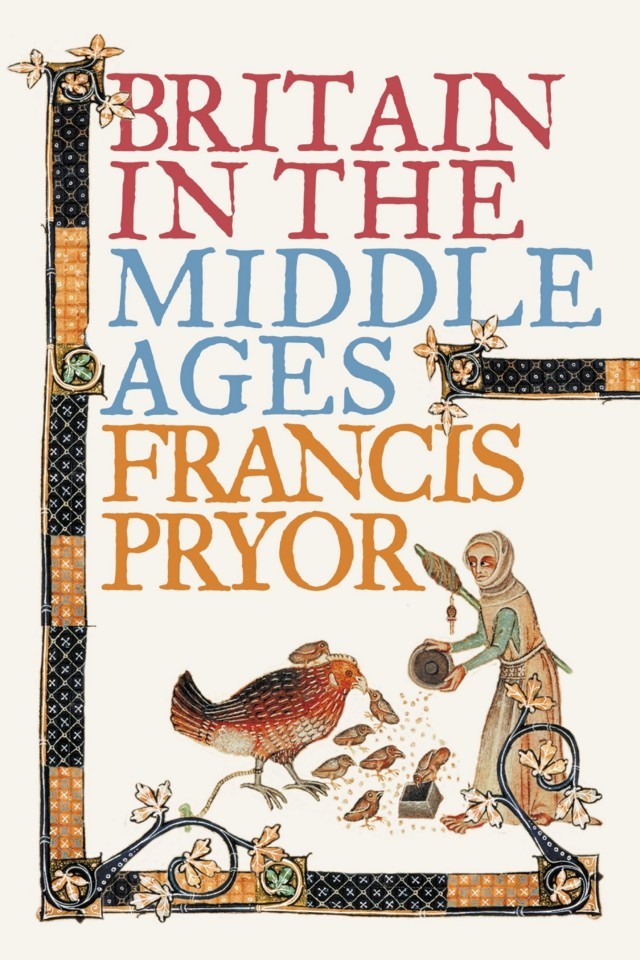

Most ebook files are in PDF format, so you can easily read them using various software such as Foxit Reader or directly on the Google Chrome browser.
Some ebook files are released by publishers in other formats such as .awz, .mobi, .epub, .fb2, etc. You may need to install specific software to read these formats on mobile/PC, such as Calibre.
Please read the tutorial at this link: https://ebookbell.com/faq
We offer FREE conversion to the popular formats you request; however, this may take some time. Therefore, right after payment, please email us, and we will try to provide the service as quickly as possible.
For some exceptional file formats or broken links (if any), please refrain from opening any disputes. Instead, email us first, and we will try to assist within a maximum of 6 hours.
EbookBell Team

4.0
76 reviewsThis ebook edition does not include illustrations. As he did in ‘Britain B.C.’ and ‘Britain A.D.’, eminent archaeologist Francis Pryor challenges familiar historical views of the Middle Ages by examining fresh evidence from the ground. The term 'Middle Ages' suggests a time between two other ages: a period when nothing much happened. In his radical reassessment, Francis Pryor shows that this is incorrect and that the Middle Ages were actually the time when the modern world was born. This was when Britain moved from Late Antiquity into a world we can recognize: roads and parishes became fixed; familiar institutions, such as the church and local government, came into being; industry became truly industrial; and international trade was now a routine process. Archaeology shows that the Middle Ages were far from static. Based on everyday evidence, Pryor demonstrates that the British agricultural and industrial revolutions had their roots in this era – as did the explosion of British maritime power in the late 1700s. It stresses the strength of development at the expense of 'revolution' and the profound effect the Black Death had on loosening the grip of the feudal system. The Middle Ages can now be seen in a fresh light as an era of great inventiveness as the author examines such topics as 'upward mobility'; the power of the Church; the role of the Guilds as precursors of trade unions; and the importance of transport infrastructure such as roads, bridges and shipbuilders.